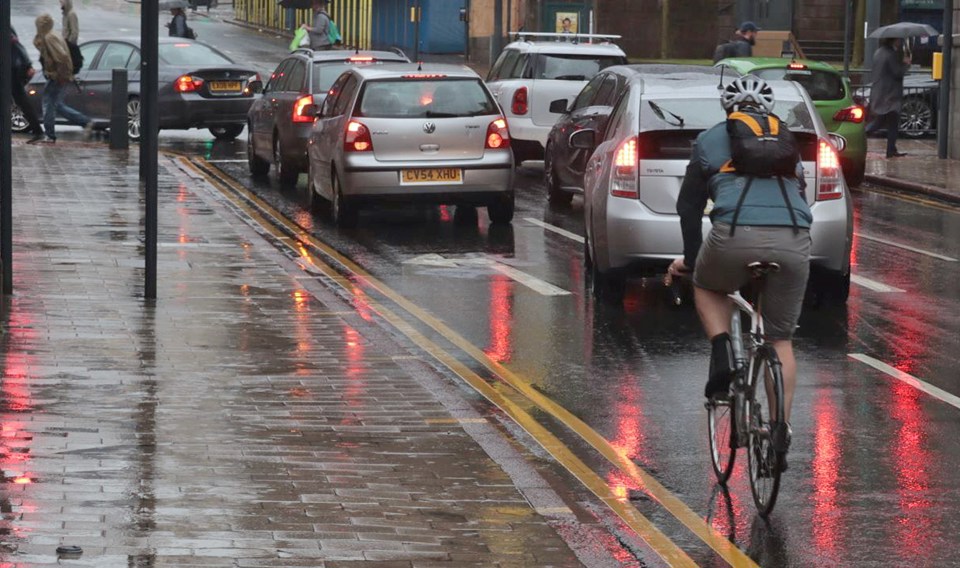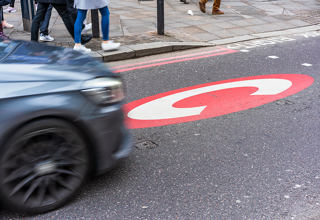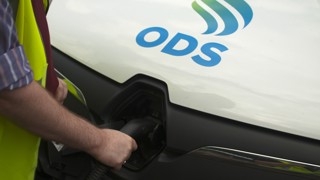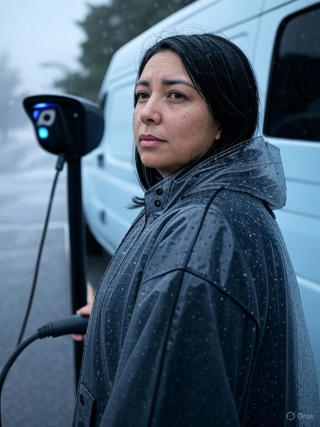Fleet operators have expressed their concerns about the cost and timescales involved as Birmingham, Derby, Leeds, Nottingham and Southampton have been mandated to introduce clean air zones (CAZs) by 2019 and many other cities are considering them.
Summary of discussion:
- CAZ charges will increase costs, which will get passed onto the end consumer and will affect abilities such as same day delivery.
- To meet the emissions targets, fleet might have to terminate vehicle contracts early which is extremely costly. They feel they need more time – five years after setting clear rules would allow for most replacement cycles.
- Some public sector fleets can keep vehicles for nine or more years. It will be difficult to dispose of older versions and they believe “we’ll end up just moving the problem from cities to rural areas”.
- The new charges will create lots of admin – businesses will need to register as well as check payments are correct.
- Small companies could cease to exist as the additional costs could be unsustainable – they already have to pay for parking in cities.
- Commercial vehicle fleets are frustrated as low /zero emission vehicles aren’t available and we are still some time away from good ranges and fast charging.
- Charging is also an issue if employees don’t have off road parking and the business has a high employee churn so they can’t keep investing in charging points. In Milton Keynes there are more charging points than electric cars, according to one fleet, but most charging points are not in appropriate places (i.e. slow charging in a short stay car park) and it’s not policed so cars just park in the space whilst not charging meaning the charger can’t be used.
- CNG vehicles were discussed as a potential option but generally they are aftermarket conversions.
- Some fleets are considering opening hubs and on site storage (with customers) so vans have to carry less kit and they can downsize but that would double response time and will require significant investment.
- Businesses can move vehicles around depending on which cities enforce CAZs and when but it’s not a long- term solution.
- There are no other options which are realistic (e.g. drones etc.) and they believe this will cause more problems within our economy.
- Each local authority is giving a different message which makes it very difficult to plan –there needs to be a national standard for clean air zones.
- All of the fleets on the table said that they are holding off on making decisions – all they can do is try to influence the local authorities but essentially believe that the best outcome would be for it to be abolished. Commercial travel is necessary so targeting personal travel only would be a more sensible option.
- TFL etc. are making decisions and the fleets feel that any concerns they voice “fall on deaf ears”. They feel penalised when actually only 20% of pollution comes from vehicles. They believe that the Government doesn’t want to take on the aviation industry – vehicles are easy to target and identify.
- They also questioned what is being done to tackle vehicles with a clean engine but ‘horrendous’ refrigeration.
- Businesses think there are not enough fleet specialists in government - “ the ideas are blue sky and aspirational rather than being realistic”. There are not enough clear rules and proper plans – there is no consistency which means fleets cannot change policy or prepare their operation until they are clear on new legislation.
READ MORE: Clean Air Zone plans in the UK





















Login to comment
Comments
No comments have been made yet.